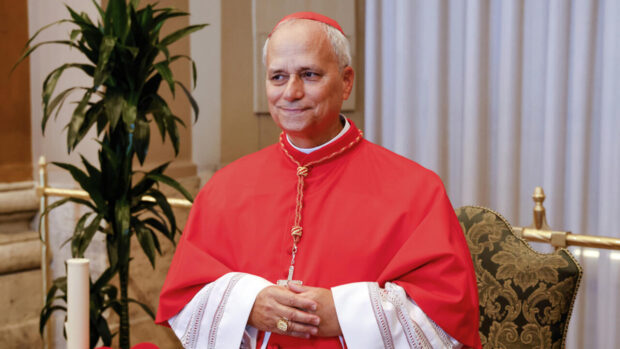
A looming 15.4% increase in British private school fees, triggered by the government’s decision to remove VAT exemption, has created an unexpected dilemma for long-term UK resident Liana Fricker: considering a return to Trump’s America for her children’s education. The California native, who has called Surrey home for over two decades, finds herself weighing complex choices for her two sons with ADHD, aged 14 and 10.
“It’s ironic,” Fricker reflects, carefully weighing her words. “Because, yes, even with Donald Trump, I have to consider what’s the least bad option.” Her statement underscores the challenging intersection of educational needs and political realities facing international families in Britain’s changing educational landscape.
The impending policy change has sparked broader discussions about educational accessibility and special needs support. Fricker’s sons currently attend a private institution renowned for its ADHD support programs, but the substantial fee increase threatens to disrupt their established educational routine. Her older son’s situation is particularly pressing, as he’s midway through his GCSE preparations.
While the Treasury maintains the policy “will not have a significant impact on the number of pupils attending private schools overall,” and Labour projects the funds will support approximately 6,500 new state school teaching positions, families like the Frickers are grappling with immediate practical concerns. The American mother notes that in the US, private education comes with tax incentives: “If you send your children to private school, you get a tax rebate as a thank you for paying tax and not using the service.”
Education experts point to broader implications for Special Educational Needs (SEN) provision across the education sector. “The concern isn’t just about individual families being priced out of private education,” explains Dr. Sarah Henderson, Education Policy Research Fellow at King’s College London. “It’s about the potential strain on state school SEN resources as more students transfer into the public system.”
Fricker acknowledges the presence of “great” state schools in her area but expresses concern about securing places for both children at the same institution. The challenge of maintaining educational continuity, particularly for her GCSE-level son who might face curriculum changes, adds another layer of complexity to their decision.
The situation highlights a growing trend of families reassessing their educational options in response to policy changes. Educational consultants report increased inquiries about international schooling alternatives, suggesting the Frickers’ consideration of an American return, despite political reservations, may reflect a broader pattern among internationally mobile families seeking optimal educational environments for their children.
For families seeking guidance on navigating these educational changes, educational advocacy groups have established resources to help parents understand their options and rights within both the private and state education systems.

















Be the first to leave a comment